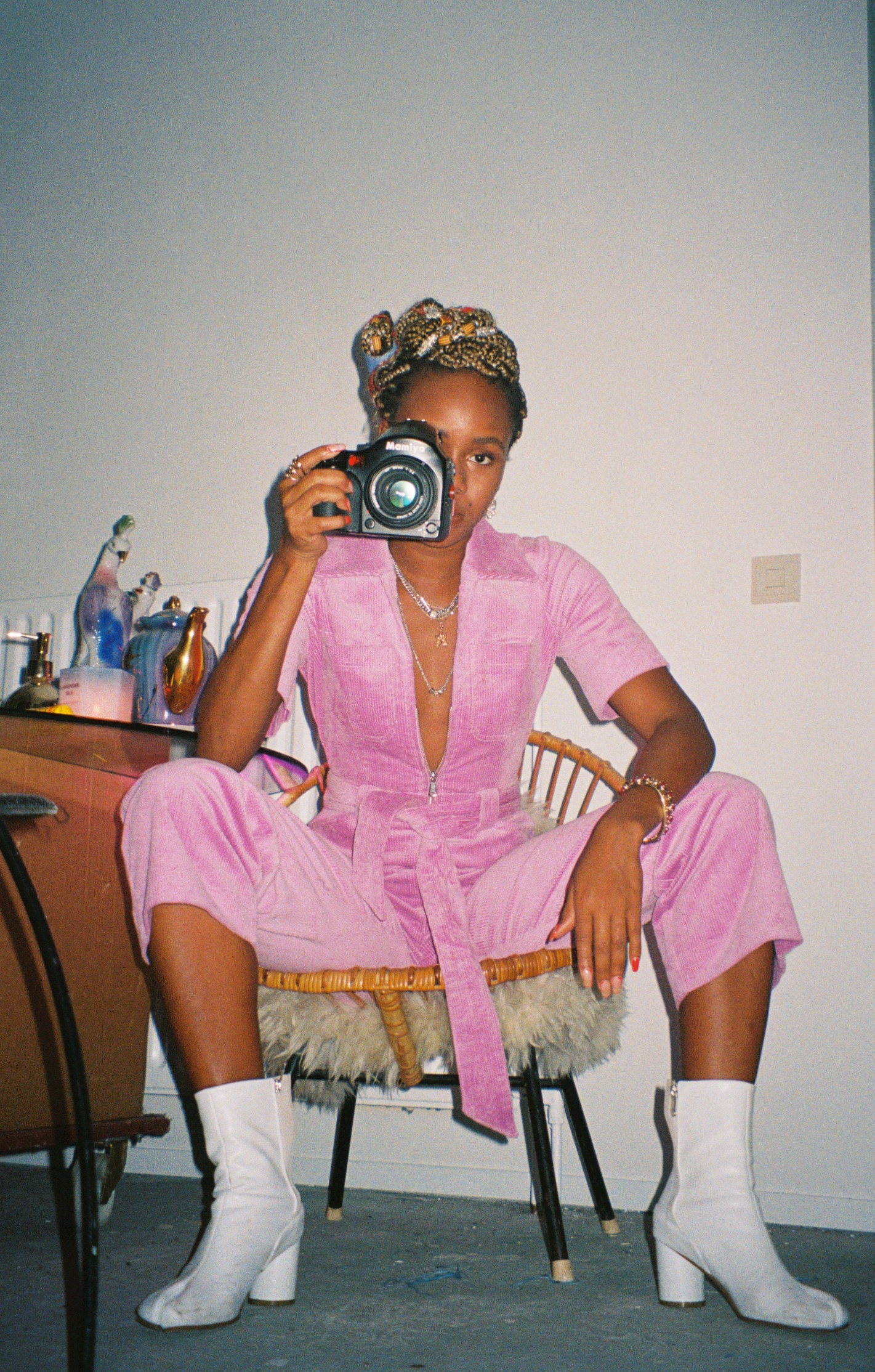
12/11/2020
VB: What common mistakes do you see in the way brands engage with you as a creative?
GRACE BUKUNMI: I’m grateful for the brands and clients who genuinely value my work and history, but many still approach me with a performative tone—hiring a Black female creative to appear inclusive rather than for my skill. This diminishes the time I’ve spent mastering my craft. True inclusivity means hiring for talent and story, not expecting praise for acknowledging my identity.
Brands that claim inclusivity yet undervalue artists or fail to advocate for them contribute to the underpayment of Black creatives, as companies seek cheaper alternatives to fill diversity quotas. This harms both businesses and discourages young artists from trusting the industry. Creatives and their representatives must understand the racial and cultural landscape to challenge these structures effectively.
VB: Can you give examples of policies/actions/treatment that you felt was particularly good/bad relating to inclusivity?
GRACE BUKUNMI: I’ve made diversity a core mission of my own brand and realized over the years that many brands will openly admit diversity is not their goal.
However, there have been highlights and I will always remember those most fondest. I applaud the people behind the brands that make them more memorable. Such as Marissa Shrum, Former EIC at Target Tag and her creative producer Jessica Zerby, who brought to tears to my eyes as they were advocating for me ever since they found my work from three years back before pitching me a summer campaign. Lastly, I appreciate when brands simply stand in solidarity such as Zeny Shifferaw at Day One Agency who’s asked to share informational resources to their agency from my page/story.
These acts all have the same timbre, and it’s simply care and concern which makes all humane.
VB: What practical changes could brands and agencies take to better support you and implement anti-racism at work? What about cultural changes?
GRACE BUKUNMI: I think the first thing to do would be to listen to the minorities in the room and if you don’t have any minority of all races in the room, then that’s the first thing to change. Defunding racist resources and funding educational and antiracist resources would inherently be great for all brands and agencies to do ASAP starting from the C-suite down. In addition, most brands also has their own structuralized or intrinsic racist behaviors from wage discrimination to tone policing, racsict mascoting/ profiling, cultural appropriation, denial of racsim, weaponizing whiteness and the list goes on. By listening first, then educating, then following up immediately with actionable plans is the only way real change occurs.
VB: In your experience, what differentiates meaningful support from tokenism?
GRACE BUKUNMI: Tokenism is loud and proud. Egotistical and self serving. Tokenism is posting up a black square, using the #blacklivesmatter hashtags but constantly taking words, work, resources, experiences, connections from minority cultures with no reciprocity. Meaningful support is showing up whenever and wherever with resources while educating yourself and others.